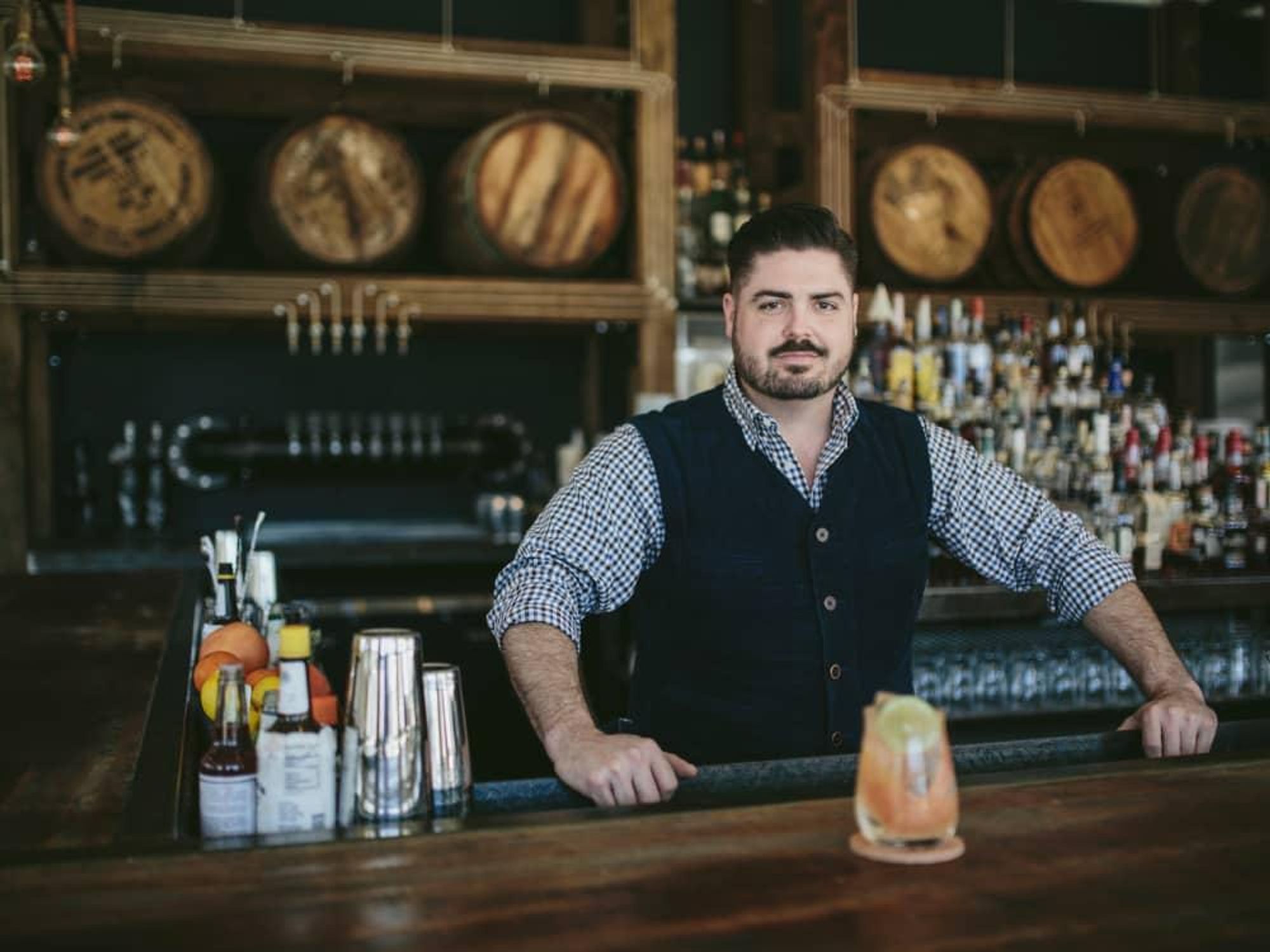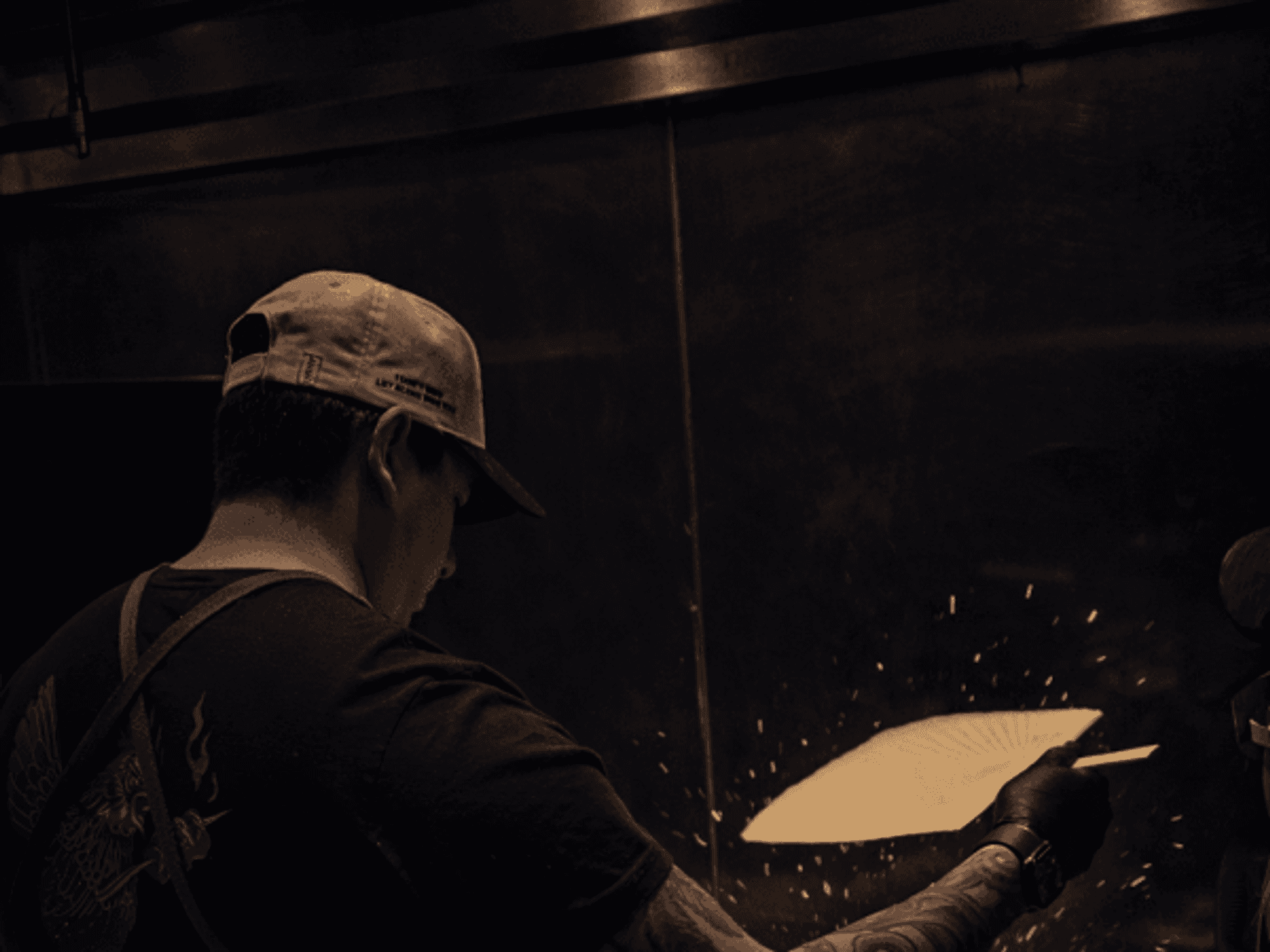Dry Zone Repealed
Historic vote overturns Heights dry zone for bars and restaurants

Tuesday may have be a relatively low key election day — especially compared to 2016 — but voters did approve a measure that will fundamentally alter the future of bars and restaurants in the Heights. By a 61 to 39 majority, voters repealed the historic neighborhood’s dry zone that required bars and restaurants to operate as private clubs in order to sell beer, wine, and liquor to diners.
The measure follows a vote last year that allowed the retail sale of beer and wine at supermarkets in the neighborhood. Even with Tuesday’s vote, those stores are still not permitted to sell liquor, but the neighborhood’s 100-plus year old regulations have been mostly swept away.
Agricole Hospitality co-owner Morgan Weber had been one of the measure’s most vocal proponents. Agricole’s businesses — Eight Row Flint, Revival Market, and Coltivare — all displayed signage in favor of the measure, and Eight Row held a “repeal day” party that offered a free cocktail to residents of the 77007 and 77008 neighborhoods who had an “I Voted” sticker.
“It’s a pretty big day for Agricole Hospitality,” Weber tells CultureMap, but the exact mechanisms of ending the club license and operating with the same Mixed Beverage permit as others bars and restaurants will take some time to develop. Weber says he intends to apply for the new operating permit as soon as he receives permission from the City of Houston, which he expects will happen in January or February next year.
Although the measure passed, Weber says he did receive some negative comments to a Facebook post from residents who are concerned that repeal will mean an influx of chain restaurants to the area. He disputes the contention that the regulations prevented those type of establishments from opening in the area.
“It’s not like Tilman Fertitta can’t figure out how to operate a restaurant in the dry zone,” Weber says. “If he wanted to be there, he’d be there.”
Throughout the campaign, Weber and other restaurateurs, including Down House owner Chris Cusack and Dish Society owner Aaron Lyons, promoted the measure as a way to reduce their operating costs and simplify their operations. Private clubs are subject to recordkeeping requirements and cannot purchase directly from wholesalers the way other establishments do.
“The way private clubs operated was so cumbersome for the back of the house,” Weber says. “Keeping up with everything TABC would audit you on; just so many layers of extra crap than restaurants outside the dry zone.”
Don’t expect lower costs to mean lower prices. Weber notes that Agricole’s business had to sell drinks at roughly the same price as businesses outside the dry zone in order to be competitive with them.
“Now we’re on the same playing field,” Weber says. “It allows us to capture the same profit margin any other business can.”
